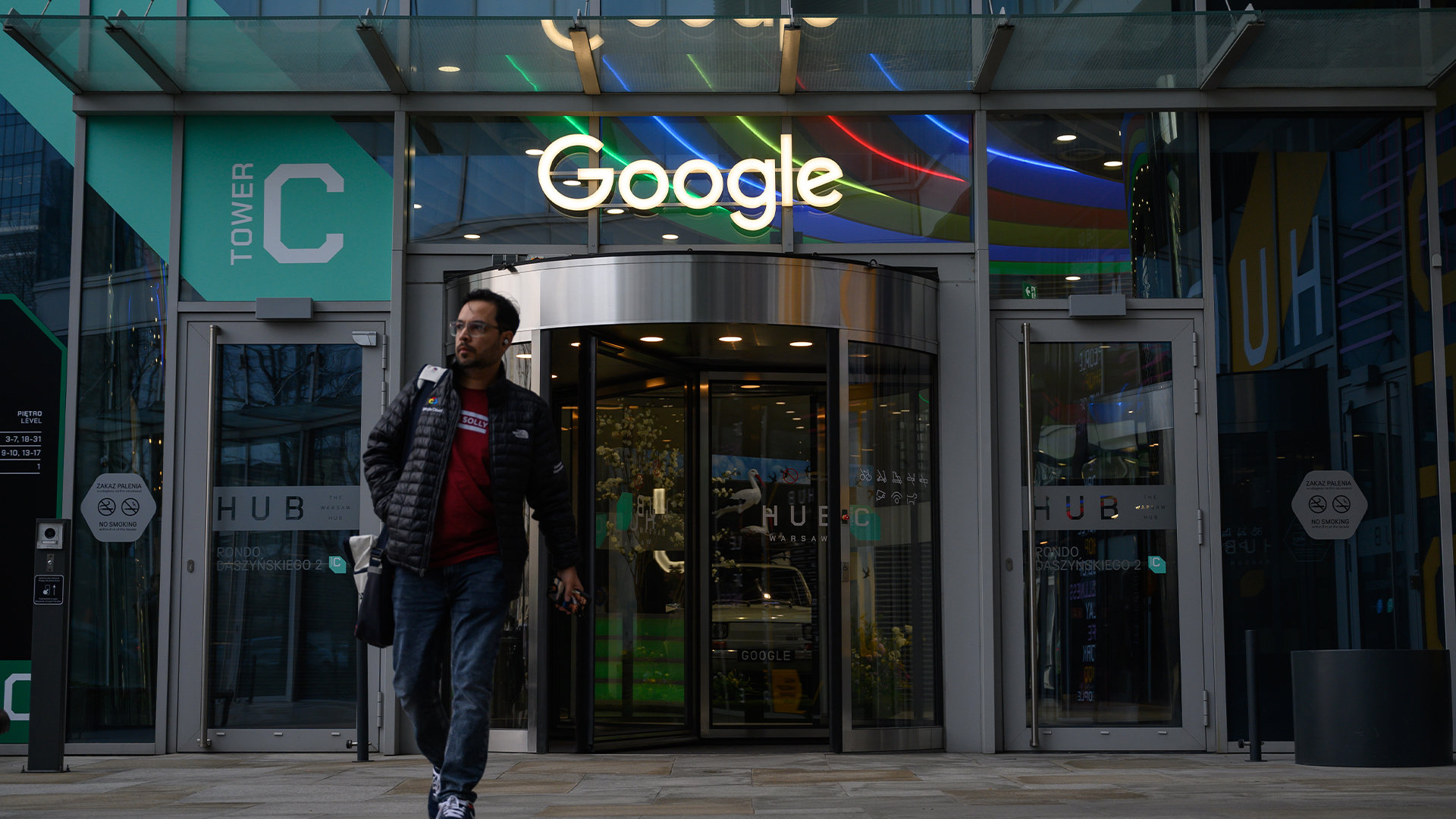Arc’s job-seeking platform is now open to all developers
The remote career platform was previously limited to job seekers who passed its verification process

With remote work on the rise, Arc has built a job-searching engine for software developers that aggregates remote job openings at more than 13,000 companies worldwide.
Until now, Arc limited access to developers who passed a weeklong verification process that involved interviews and a coding challenge. Now, Arc has opened its doors to everyone. It announced Monday that it’s opening its job-search platform to all developers, whether they’re verified or not.
Also, it’s free for job seekers to use. Arc makes money by charging employers for hires they make through its platform.
Arc launched two years ago, billing itself as a one-stop-shop for developers looking for remote jobs. Since then, companies such as Spotify, Hubspot, Hims and FiveStars have used it to hire remote workers.
Arc has two main features: a remote job search engine and a remote developer community.
The search engine, which has aggregated nearly 55,000 job openings so far, runs on an algorithm that filters unwanted positions. For example, you can tell Arc you don’t want a job that’s open to U.S. applicants only or will only be remote until the COVID-19 pandemic is over.
Arc’s remote developer community is a place for job seekers to ask questions of other community members. For example, if a job applicant wants to know more about remote work practices or job interviews in other countries, they can ask the community.
Sign up today and you will receive a free copy of our Future Focus 2025 report - the leading guidance on AI, cybersecurity and other IT challenges as per 700+ senior executives
Even though Arc’s verification process for job-seeking developers is optional now, the company still recommends going through this free process to set yourself apart from the crowd. This typically takes about a week, according to Arc, and includes technical and behavioral interviews with an Arc staffer and a coding challenge.
-
 Everything we know so far about the Nike data breach
Everything we know so far about the Nike data breachNews Hackers behind the WorldLeaks ransomware group claim to have accessed sensitive corporate data
-
 Morgan Stanley research warns AI is having a huge impact on jobs
Morgan Stanley research warns AI is having a huge impact on jobsNews Analysis of five sectors highlights an "early warning sign" of AI’s impact on jobs
-
 Microsoft could be preparing for a crackdown on remote work
Microsoft could be preparing for a crackdown on remote workNews The tech giant is the latest to implement stricter policies around hybrid working without requiring a full five days in the office
-
 Half of British companies want an end to hybrid working – but they’re playing with fire if they expect employees to comply
Half of British companies want an end to hybrid working – but they’re playing with fire if they expect employees to complyNews A survey by British Chambers of Commerce suggests approval of hybrid working depends on sector
-
 HSBC says get back to the office or risk bonuses – and history shows it’s a tactic that might backfire
HSBC says get back to the office or risk bonuses – and history shows it’s a tactic that might backfireNews HSBC is the latest in a string of financial services firms hoping to tempt workers back to the office.
-
 Google tells some remote workers to return to the office or risk losing jobs
Google tells some remote workers to return to the office or risk losing jobsNews Google has warned remote workers will need to return to the office or else lose their jobs, according to reports.
-
 Young tech professionals are shunning a full-time return to the office – unless it pays more
Young tech professionals are shunning a full-time return to the office – unless it pays moreNews Young tech professionals who entered the workforce post-pandemic expect on-site work to be paid more than remote options.
-
 ‘Employers must look at the bigger picture’: Brits aren’t keen on going back to the office, and enterprises pushing for it risk a talent exodus – 48% of UK professionals would quit if faced with a full RTO mandate as hybrid work remains popular
‘Employers must look at the bigger picture’: Brits aren’t keen on going back to the office, and enterprises pushing for it risk a talent exodus – 48% of UK professionals would quit if faced with a full RTO mandate as hybrid work remains popularNews Nearly half of professionals would consider quitting rather than returning to the office full time
-
 IT professionals aren’t budging on flexible work demands – and more than half say they’ll quit if employers don’t meet expectations
IT professionals aren’t budging on flexible work demands – and more than half say they’ll quit if employers don’t meet expectationsNews Analysis from Randstad shows 40% of UK-based IT pros have quit over a lack of flexible work options, while 31% of workers globally have done the same.
-
 Employees are dead set on flexible working arrangements – three quarters would turn down a role that didn't offer hybrid options as work-life balance becomes more important than pay
Employees are dead set on flexible working arrangements – three quarters would turn down a role that didn't offer hybrid options as work-life balance becomes more important than payNews New research shows workers are increasingly demanding flexible working arrangements from employers.